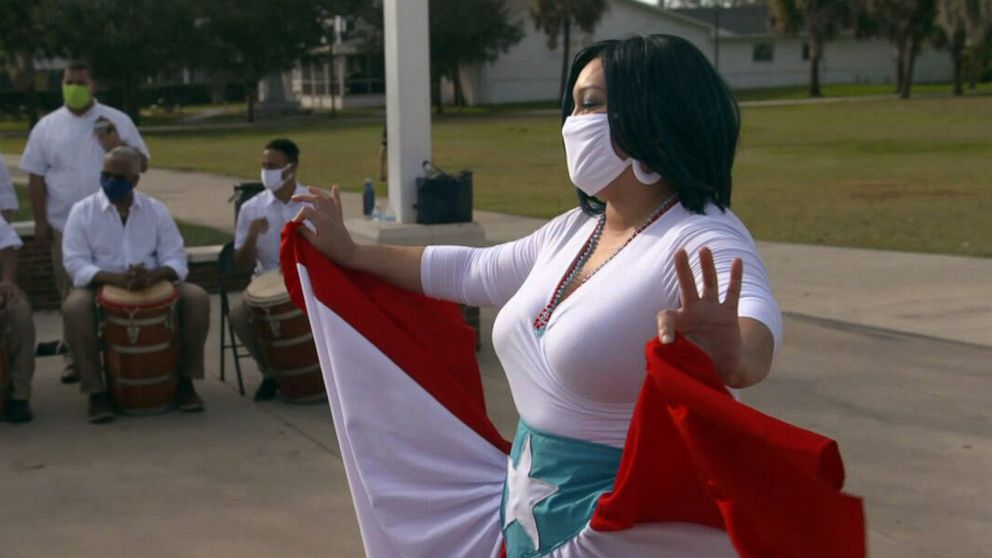The African roots of Bomba, a traditional Puerto Rican dance and musical genre
As the nation commemorates Black History Month, Afro-Puerto Ricans are using their traditional dance and music -- Bomba -- to pay tribute to their ancestors who were enslaved on the island.
“Bomba is not only a genre, it's kind of a lifestyle.” said bomba dancer Osiris Santiago.
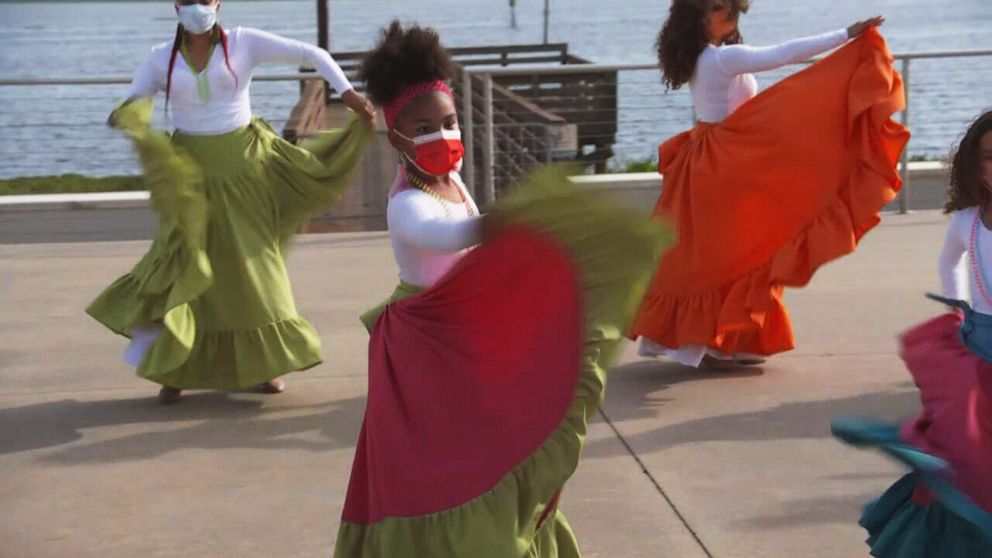
Enslaved West Africans were forced to go to Puerto Rico by the Spaniards during the 1500s. By 1530, over half of the Spanish territory’s population hailed from Africa. The number of slaves who went to the island continued to grow for centuries.
“Bomba is what our black ancestors from the islands ... created to express themselves,” said Santiago.
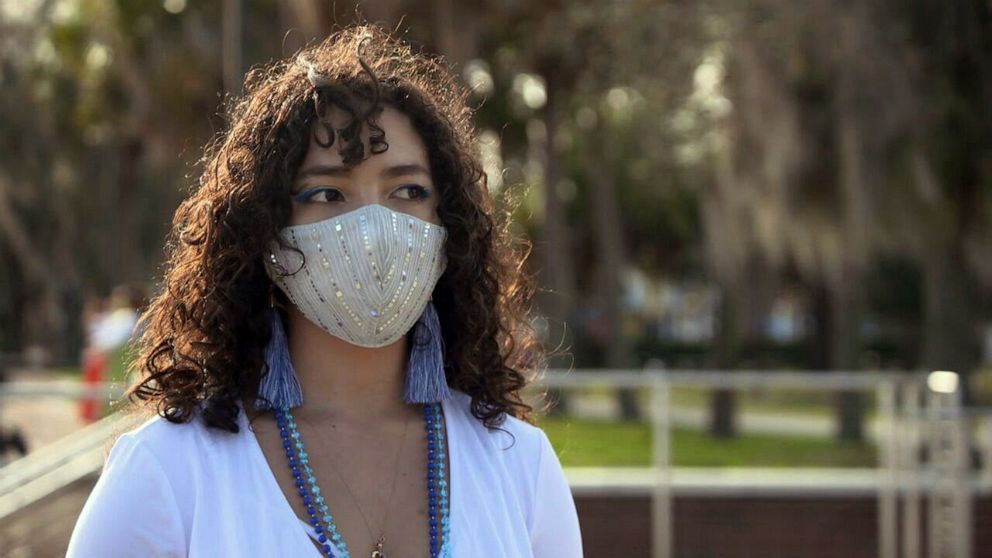
Bomba is not only a musical style but a dance, too. Using percussion instruments like maracas and two different drums, musicians follow the dancer’s rhythm, punctuating every move with a beat.
With bomba, “you are claiming the space, a physical space with your body,” said Hugo Viera-Vargas, a professor of Caribbean/Latin American studies and music at the New College of Florida.
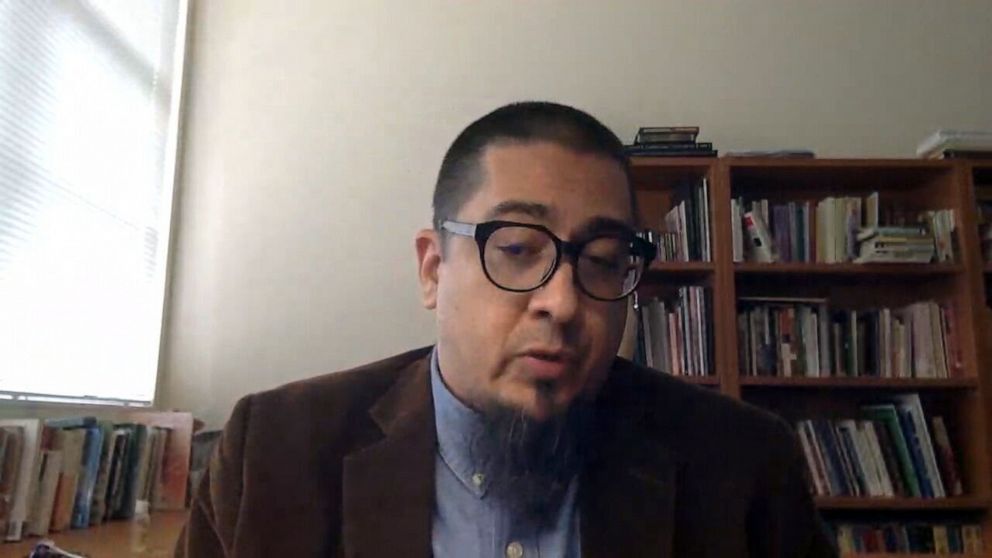
“You’re making yourself a presence in society,” he added.
As Bomba evolved, it also became a coping mechanism and, later on, an expression of culture and resistance.
During the Black Lives Matter protests last summer, Puerto Ricans, on both the island and the U.S. mainland, used bomba as a way to condemn racism.
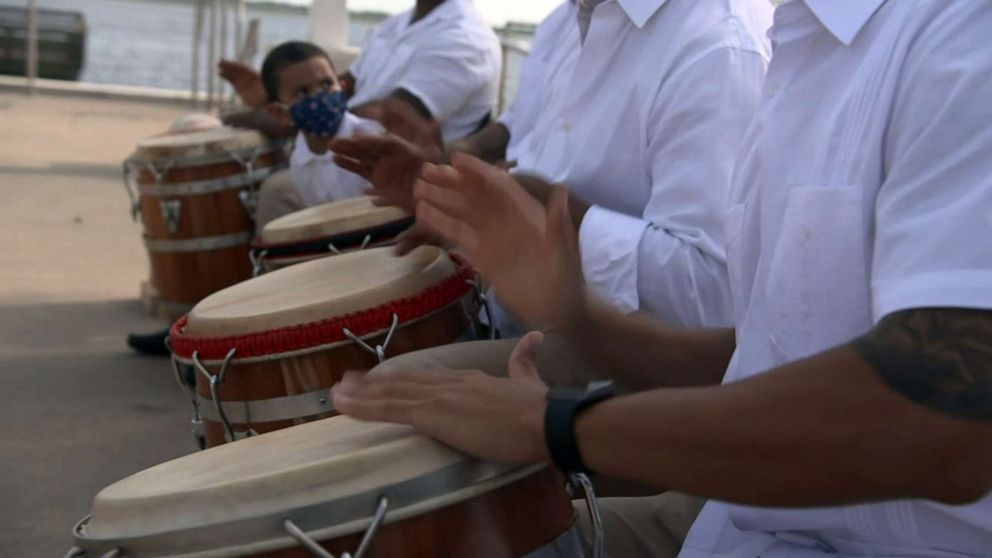
Puerto Rican artist Maria Isa knew Geroge Floyd personally, and wrote a bomba song called “Como Duele,” meaning “How It Hurts,” to honor Floyd’s life.
“This song is a way to remember him and remember all who have been taken away due to violence, racism and police brutality,” Isa told ABC News.
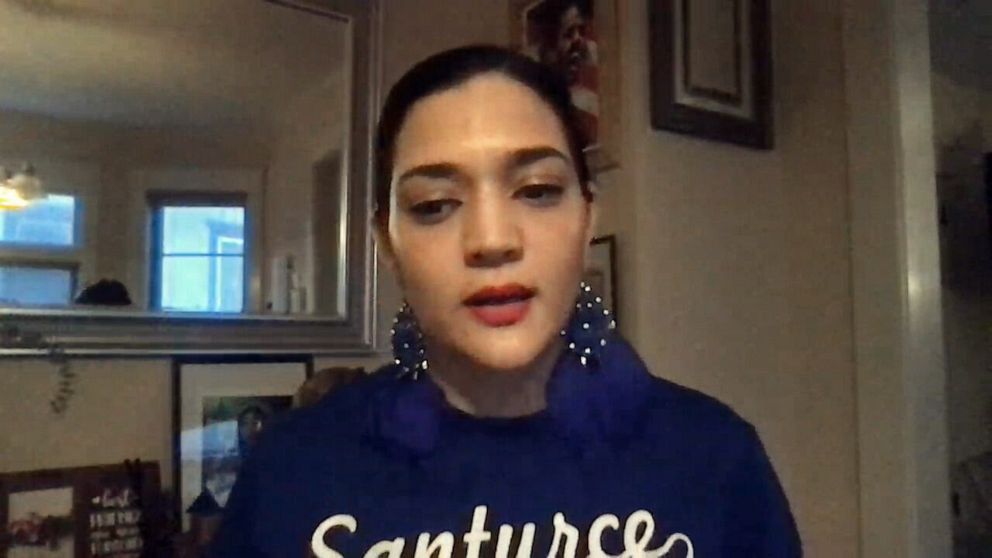
With the multiple crises Puerto Rico has experienced in the past decade, many residents have decided to flee the island in search of a place to build a better future. As they leave, they take with them the island’s culture and traditions, including bomba.
Barbara Liz-Cepeda is the great-granddaughter of the legendary Rafael Cepeda, who is known as the “Patriarch of the Bomba.” She and her family run two bomba schools: one in San Juan, Puerto Rico, and the other in Kissimmee, Florida.
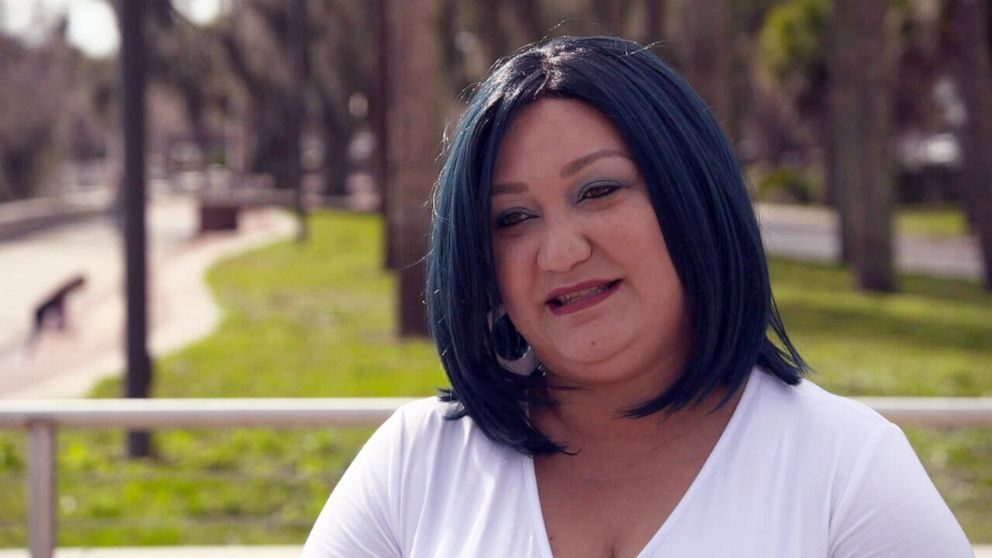
“Bomba, for our family, is very important because it's the legacy of my great-grandfather and his family,” Liz-Cepeda told ABC News.
The Cepeda family has passed down the sound and rhythm of bomba for eight generations.
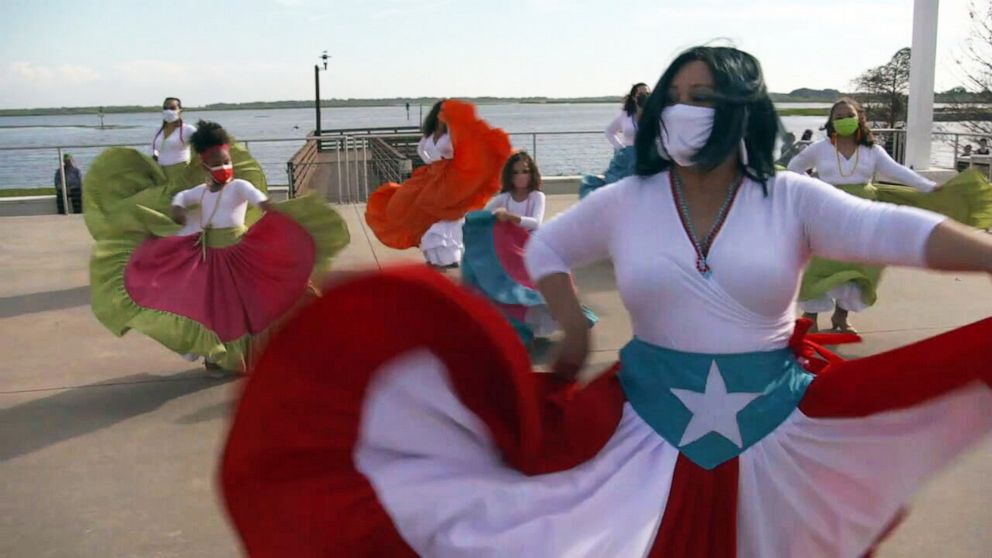
As some Puerto Ricans continue to leave the island not by choice but out of need, their culture and music becomes their lifeline wherever they go.
“It’s everything,” bomba drummer Joshua Guerra Sanchez said. “It’s a feeling. It’s courage. It’s respect. [It’s] consciousness. It’s life.”
